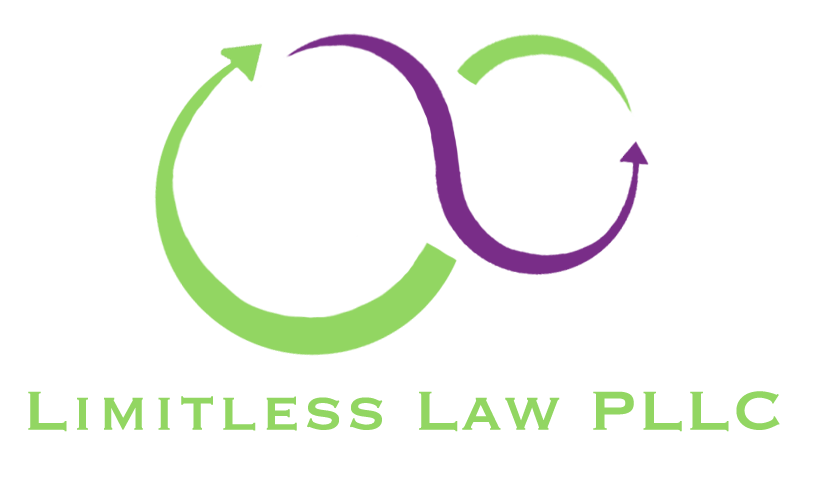Client Login
×Sign up to receive our Top Estate Planning Tips!
Sign Up to Receive Our Top Estate Planning Tips!
We will get back to you as soon as possible.
Please try again later.
TESTIMONIALS
– Elizabeth, a business client
–Charles Kirk
– Katherine, an estate planning client
People, Post, and Probate
Once a Personal Representative for the Estate has received their Letters Testamentary they are required to notify others of their Appointment. This is done through a formal Notice of Appointment that is signed by the Personal Representative and mailed to the required parties before being filed along with a declaration of mailing with the court as proof of the notification. The Personal Representative has a duty to notify three classes of people, the family, the creditors and the government.
Notifying the Family.
As part of the Probate the Personal Representative is required to send a Notice of Appointment to:
1) Anyone named in your loved ones will and;
2) Anyone who was not named in the will but is a direct descendant or spouse and;
3) Anyone who is a beneficiary or co-owner of a non-probate asset such as a checking account.
These notifications allow for an opportunity to challenge the appointment of the Personal Representative and to notify the heirs of the location of the probate if they wish to challenge their inheritance or the validity of the will.
Notifying the Creditors.
1) Any known Creditors, that is any creditors you actually know the deceased had when he or she died or any that you can easily know by looking through the deceased’s belongings, including mail.
2) Unknown Creditors can be addressed in two ways, the first is allowing for a long waiting period, creditors have up to two years to come forward and file a claim against the estate, the second it to publishing a notice of the decedent’s death in a local newspaper and allowing it to run for three consecutive weeks, this shortens the waiting period to four months.
Notifying the Government
1) The Department of Social and Health Services of the state of Washington must be notified of the appointment with a notice that contains a copy of your loved ones social security number. This notice allows the department to review its records to determine if the decedent, or any beneficiary owes any unpaid child support.
2) The Personal Representative must also file with the IRS and obtain an Employer Identification Number
The Personal Representative may also need to speak with life insurance agencies and obtain claim forms, apply for death benefits from the Social Security Administration, Veterans Administration and/or employer pensions. The Personal Representative will also need to inventory all automobiles, furniture, jewelry, and other possessions as part of the probate.
Each of these notifications has to happen within a set period of time after the probate is opened. If you have questions or concerns about probate, call Limitless Law PLLC at (360) 685-0145 or use the “Ask an Attorney” link on our website to contact us today!
The post People, Post, and Probate appeared first on Limitless Law PLLC.
TESTIMONIALS
–Charles Kirk
– Elizabeth, a business client
– Katherine, an estate planning client
Sign up to receive our Top Estate Planning Tips!
Sign Up to Receive Our Top Estate Planning Tips!
Thanks for joining our mailing list. Click the button below to download our Top Estate Planning Tips PDF.
Please try again later.
© 2023 Limitless Law PLLC. All Rights Reserved. Privacy Policy Terms & Conditions






